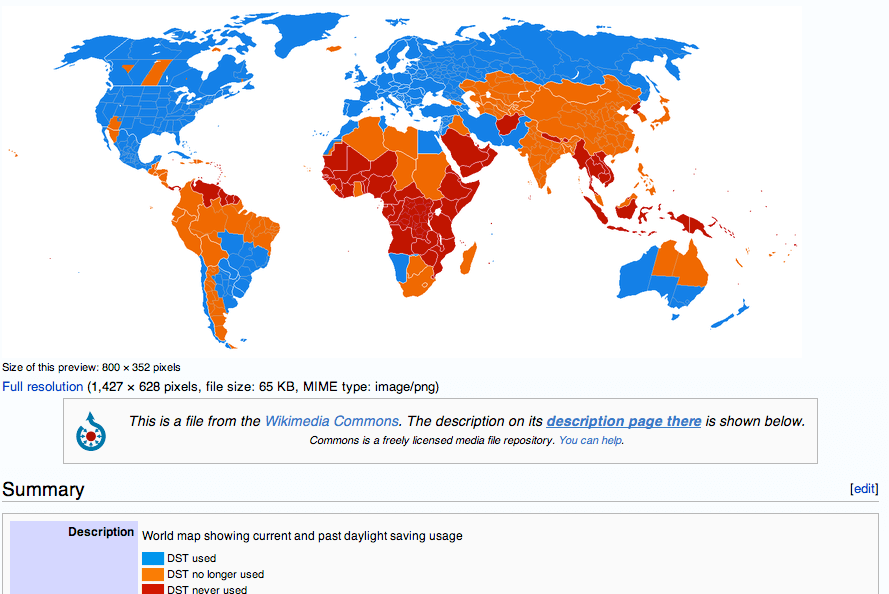Every year, we fall back and spring forward one hour for reasons that, as far as I can tell, range from conserving energy to permitting more convenient farming hours.
I guess giving farmers more better hours by which to work by light conserves energy in some way, so let’s work with that theory…
I mean, the idea is that we’re pushing our very-relative notion of time to accommodate us having our daylight hours while we’re typically awake. So, in that respect, I suppose we’re conserving energy… somehow.
Well, there’s some dissent as to whether or not we actually conserve any energy during Daylight Savings Time (DST). A case study was done in the ‘70’s in Indiana to determine whether or not we were actually cutting down our usage of natural resources by implementing DST.
Turns out, per the research done, DST “increases residential electricity demands.” In Indiana, the cost of rising electricity bills cost state households upwards of $9M per year, and found the “estimated social cost of pollution emissions [ranged] from $1.7 to $5.5M per year.
Now, growing up, DST was like a second birthday, Hanukkah and Chocolate Day all rolled into one (at least it was for my mother); I was raised to look forward to the re-positioned hour of sunlight. However, now that I’m older and work a job that requires me to, well, get up in the morning, I don’t really see the need to have this confusing hour shift.
Especially when we as a country, let alone globally, cannot come to a consensus as to whether or not this is even a worthwhile practice.

Taken via Wiki
Possibly, before farming technologies were as mechanized as they’ve become, it would be more convenient to wake up an hour later and work later into the day in the sun, but does the same notion hold true these days?
True, there are additional arguments that having the daylight last longer into the evening prevents crime, traffic accidents, etc., but I have yet to see any empirical data to support that. How can we guesstimate how many people WEREN’T killed because of DST?
With DST coming up this Sunday morning (March 8th at 2pm, a mere 4 hours after Amanda Dolan’s Exhibit Opening ends….), perhaps it’s time we start to readdress why we have this seemingly antiquated practice to begin with.
Logistically, I would think that DST would have to be an all or nothing venture. Especially when you have parts of states adhering, while other parts done. Nations (like Australia) divided by daylight. Anecdotes range from children having problem adjusting to the extra hour (or loss of an hour) and it throwing their bedtime habits off track, yielding bed-wetting and fussy nap times to tourism industries yielding better takes when it’s light out later.
Do I like the idea of yearlong DST? Sure. As of now, for months out of the year, I get out of work when it’s dark, and I often get to work when it’s dark. As Spring draws near, I can certainly tell that there’s more spring in my step when I’m able to don sunglasses to AND from work. But is the mere desire to have “more” light enough to enact a real change?
DST, much like MANY other policies we continue to run with without objectively reviewing their continued usefulness.
At this point, DST seems superfluous, an antiquated relic of farming days, perhaps? A bungled effort at conserving energy? Who knows.
All I know is that there are staunch supporters on both sides of the fence, and I’d be hard pressed to anticipate a resolution to this debate.
However, in the muddled darkness of the debate, there is one articulate argument I feel compelled to share:

One dissenter's take on DST
Jackie for AMP3pr.com
Share this Post
